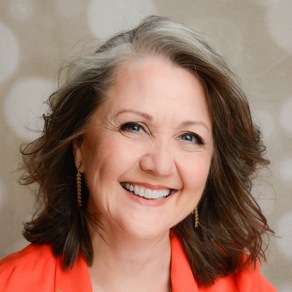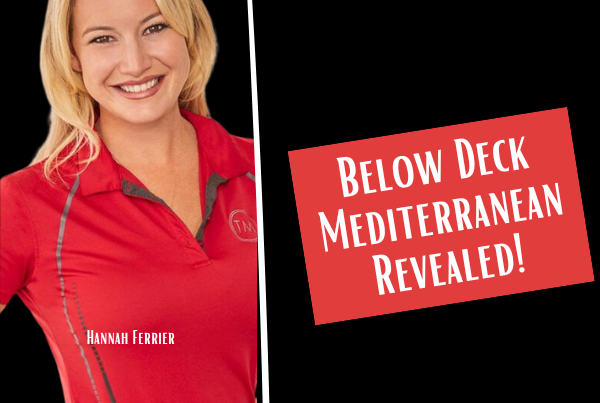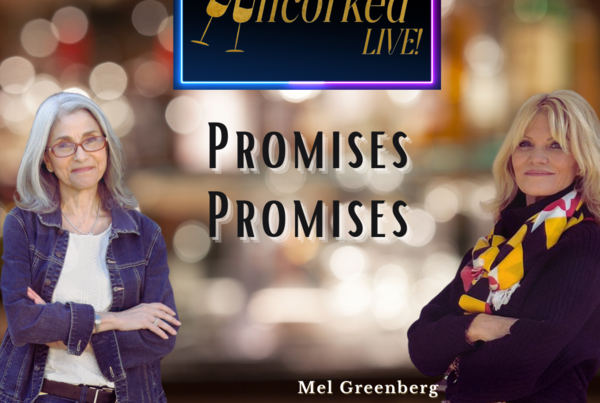This is the question we recently asked our Little White Lie community: How do you deal with stereotypes around women, work, and age?
Boy, did this stir up conversation during my Little White Lie FB Show link!
Watch it here for the full version, and make sure you check out the comments from our viewers – they’re awesome!
My guest, Bettyanne Green, content marketing strategist extraordinaire, knows marketing – those messages that media and society give us about how we ‘should’ behave, believe, and think, especially as women and of a ‘certain age.’ So the conversation about stereotypes was deep and lively!
It started with my question to Bettyanne which I ask all my guests: “What is YOUR Little White Lie?”
The LWL Movement is about loving the age you’re in, embracing your authentic self, your talents, and your gifts. Your “little white lie” is something that you’ve been hiding behind and may be holding you back from living your life fully and authentically.
 Bettyanne’s answer resonated with many of our viewers: “I struggled with roles, with fitting in. A part of me would say, ‘I want to fit in,’. The next part of me would say, ‘Yeah, but I don’t even get that group. They’re not authentic,’ or, ‘They’re divisive,’ or whatever it was. Back and forth and back and forth. I spent a lot of years like that.”
Bettyanne’s answer resonated with many of our viewers: “I struggled with roles, with fitting in. A part of me would say, ‘I want to fit in,’. The next part of me would say, ‘Yeah, but I don’t even get that group. They’re not authentic,’ or, ‘They’re divisive,’ or whatever it was. Back and forth and back and forth. I spent a lot of years like that.”
Fitting into roles and facing stereotypes go hand-in-hand. It can also be challenging for us to figure out how we want to show up. It’s about belonging, not fitting in, says sociology researcher Brene Brown: “Fitting in…is assessing situations and groups of people, then twisting yourself into a human pretzel in order to get them to let you hang out with them. Belonging is something else entirely—it’s showing up and letting yourself be seen and known as you really are.”
OK, Little White Liars, who truly wants to be a human pretzel??
The good news is that stereotypes and roles change, and knowing this allows us to be more discerning about whether or not they work for us. For example, the ‘Great Recession’ of 2008 has blown apart some of the stereotypes about women (and men) and age in the workplace. That event shifted the whole paradigm of corporate life, including career and retirement expectations.
The massive layoffs, departments dropped, businesses closed were really rough for this country. “However, it also was a creative time,” says Bettyanne, “because people had to reinvent themselves and think about work in a new way. They began to find different ways of doing business, so the corporate lines became fuzzy.” Entrepreneurialism, free-lancing, the ‘gig economy’ grew as a result, blurring the lines of gender, ‘pedigree’ and age in the workplace.
Enhancing this shift even more was the rise of internet use and social media. “Suddenly you had this open playing field for next-to-no money where you could start your business, accomplish something big, create influence in the entire world”. These two events have opened up a lot for women, where you’re more likely to be judged on your credentials and results, not your looks or your age. Parents can work from home, older adults can work as long as they’re able and on their own terms.
So, what can we do about these stereotypes and role expectations that face us every day? How do we create our own roles?
Bettyanne believes – and so do many of our viewers who commented – that “stereotypes and role expectations don’t go away. But they are literally just assumptions, and they’re not real. We can pick and choose” what roles we want to have and how we want to play them. Think about that: Here we are drinking the Kool-aid of these stereotypes and they’re not even real! We make them real by actually buying and drinking the Kool-aid. Let’s stop doing that!
How? One effective way, says Bettyanne, is to “pay attention to how we show up and relate to the world around us. Are we stereotyping, are we separating? How are our body, our mind, our heart feeling when we’re in this role? When we walk into a room going, ‘Oh, wait…this is not a good place for me to be…’” Pay attention to how and where you WANT to belong, not just fit in.
A great way to start paying attention is to use the power of words, because they are the out-picturing of your mind and heart into the world.
Bettyanne suggests taking time – a day, a week – to notice what you’re saying:
- Did I just make a judgment (stereotyping) about that person, or about myself?
- Did I drink the Kool-aid about a role that in fact is not serving me? There’s a lot that can be learned.
Thanks for joining the Little White Lie Movement!




